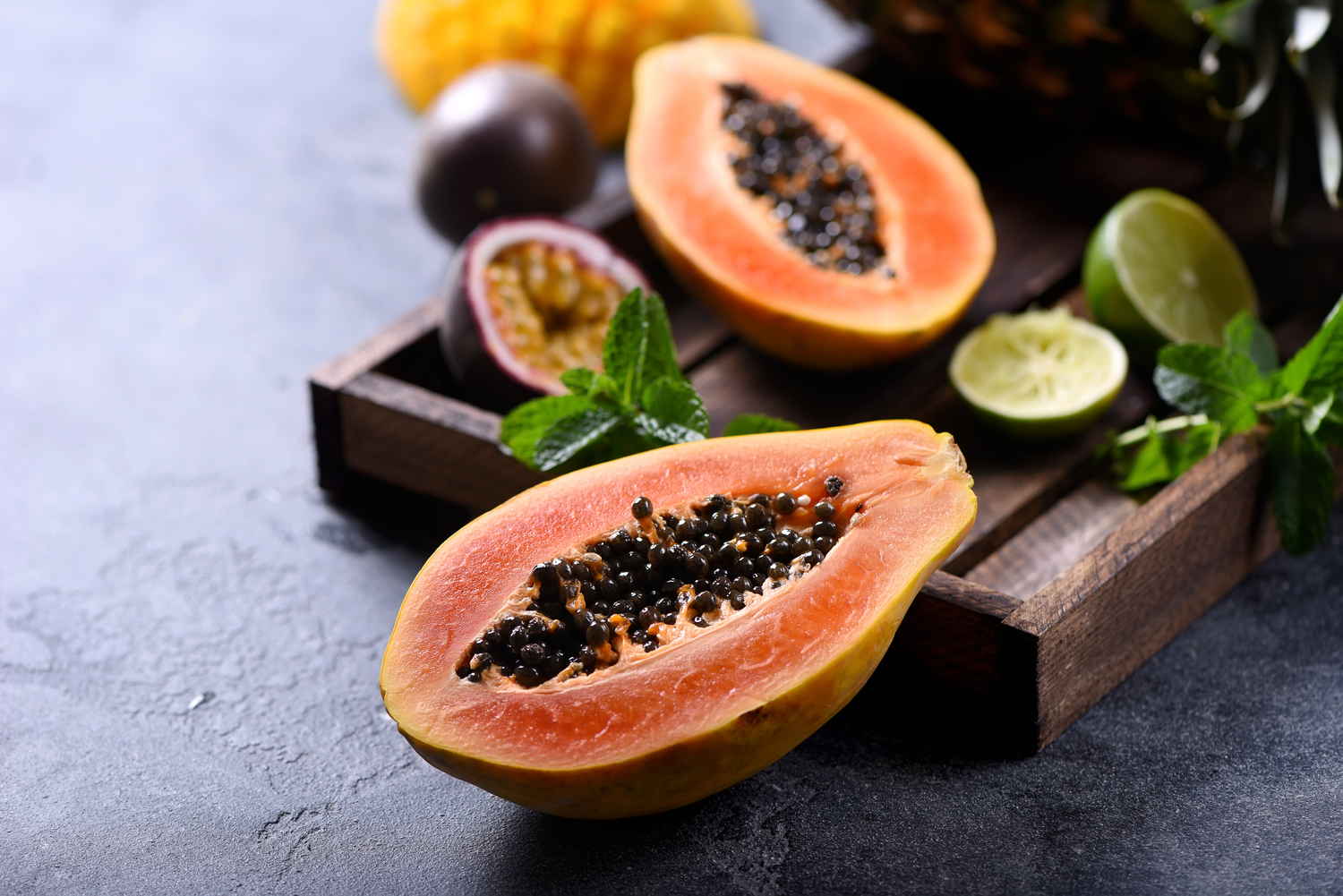5 Foods That Are Abundant In Proteolytic Enzymes
5 foods that are abundant in proteolytic enzymes
The human body is complex, and there are several contributors that promote its wellbeing. One of the major elements include enzymes that facilitate the different reactions which take place in the body. The unsung heroes, enzymes are categorized into three types and include digestive enzymes, food enzymes, and metabolic enzymes.

In recent times, there is a growing awareness of the purported health benefits carried by proteolytic enzymes. Supplements have grown in popularity, and there are several natural foods that deliver great amounts of these enzymes. Here are 5 foods that contain proteolytic enzymes and must be made part of one’s daily diet.
Honey – Honey is one of the most miraculous foods that mankind has been endowed with. The delicious natural liquid is found to be extremely rich in beneficial compounds and a ton of digestive enzymes too. Raw honey contains a plethora of enzymes that include proteases, invertases, amylases, and diastases. It is only raw honey that delivers digestive health benefits and processing honey can make it lose its essential benefits.
Bananas – We have always been encouraged to eat bananas as they aid in the digestive process. The fruit contains proteolytic enzymes which work wonders in breaking down the complex carbs, such as starch, and promotes effective absorption of sugars. Moreover, bananas are also a great source of dietary fiber that aids in digestive health. The enzymes in a banana are found to be more active as the fruit ripens, thus, it is preferable to consume the same at the ripened stage.
Papaya – Papaya contains a high degree of papain that is also known as papaya proteinase I. This element is also abundantly found in the roots and leaves of the plant. A powerful proteolytic enzyme, papain can help break down protein. Thus, it has been widely used as a meat tenderizer for several years. The element has also been credited with easing the symptoms of IBS, bloating, and constipation. One must ensure that the fruit is ripe and uncooked as exposure to heat can destroy the proteolytic enzymes in it.
Pineapple – A tasty tropical fruit, pineapples are very rich in proteolytic enzymes. The fruit contains a big dose of a group of digestive enzymes that are known as bromelain. The enzymes majorly comprise of proteases that work in breaking down the protein and amino acids. This helps in better digestion and absorption of proteins. This enzyme is widely used as a health supplement for people who have faced difficulty in digesting proteins effectively. Eating pineapple in its natural form is a good source of the enzyme and can greatly contribute to the body’s need for proteolytic enzymes.
Kefir – Popular among the health-conscious community, kefir is a milk beverage that is made by fermenting. The drink is made by soaking kefir grains in milk. The grains look a lot like the cauliflower vegetable and the fermentation process causes the natural sugars of the milk to convert into organic acids and carbon dioxide. It also adds to the milk’s essential nutrients. Some of the digestive enzymes that are found in kefir include lactase, proteases, and lipase.
Digestive enzymes contribute to the pivotal function of food processing and digestion in the body. An insufficiency of it could lead to the indigestion of food particles and thus cause an intolerance towards certain foods.











